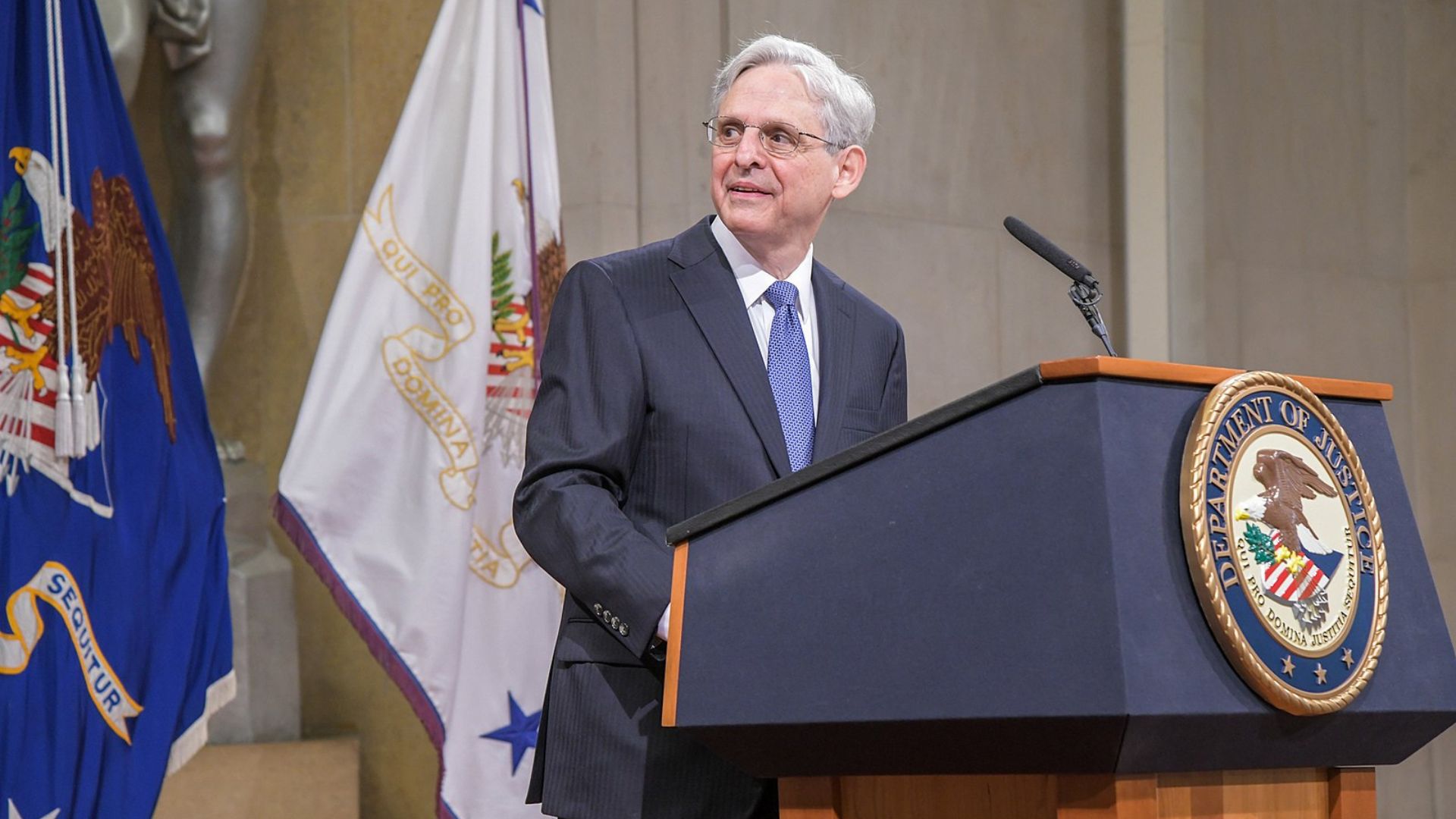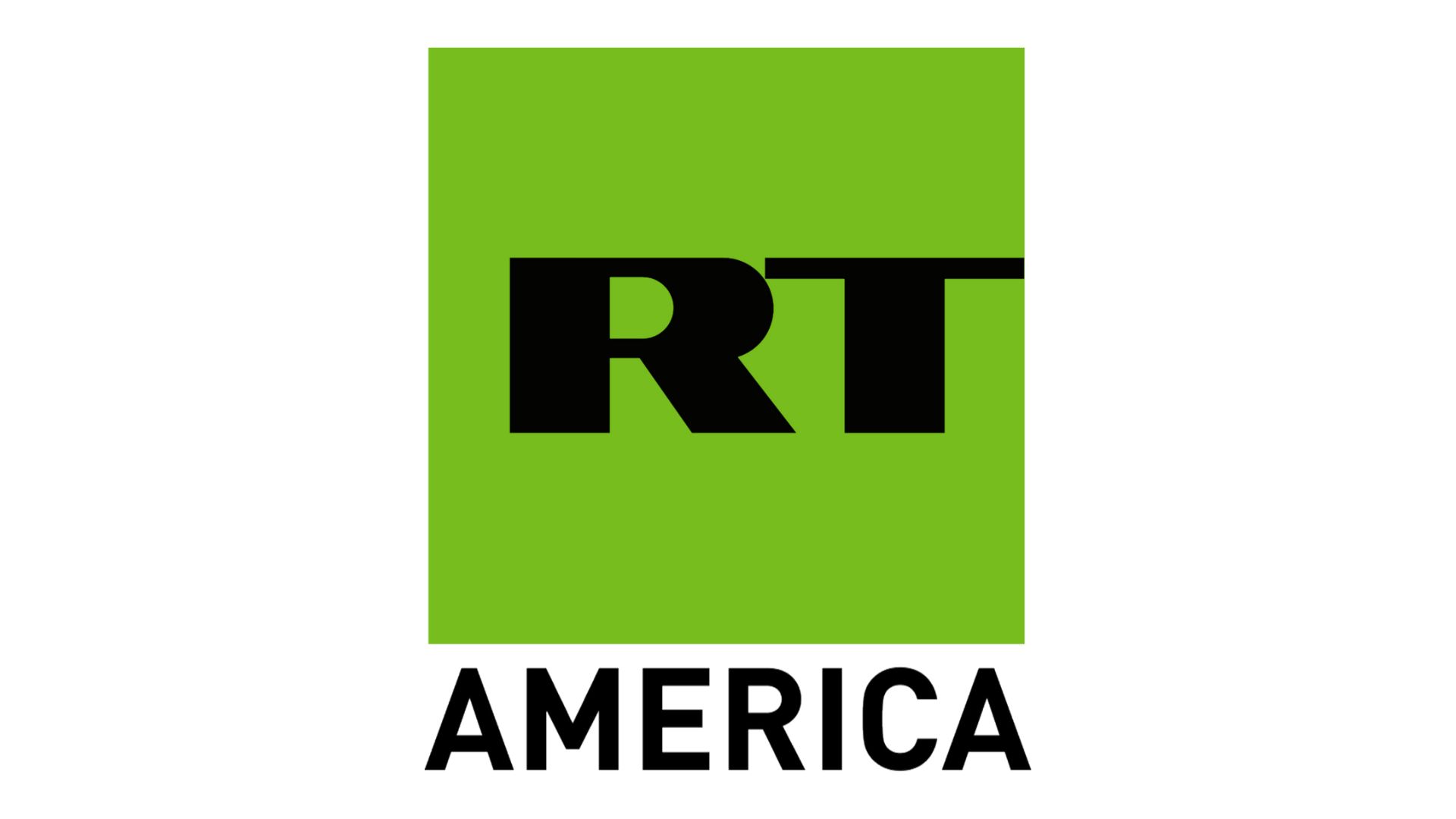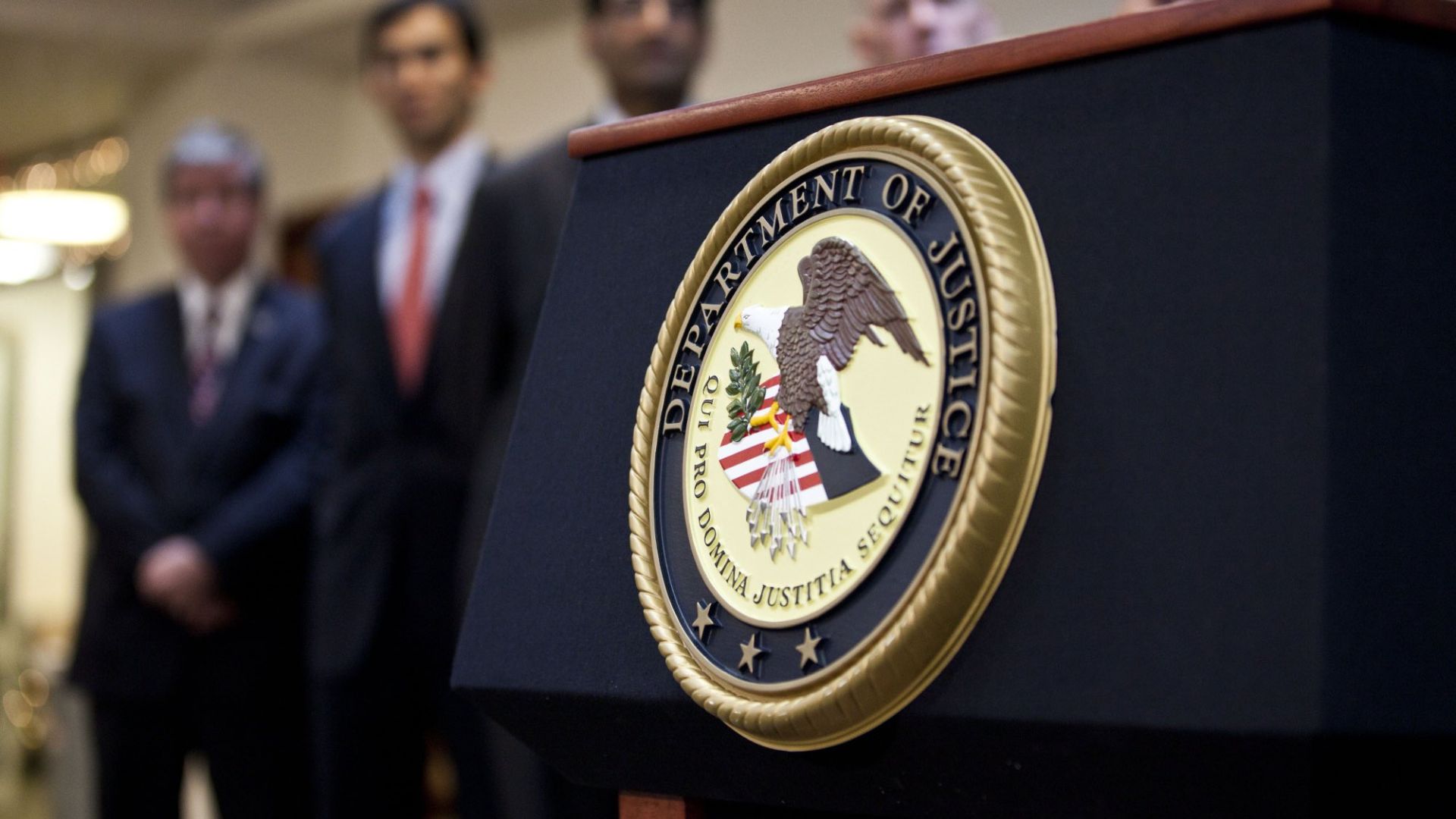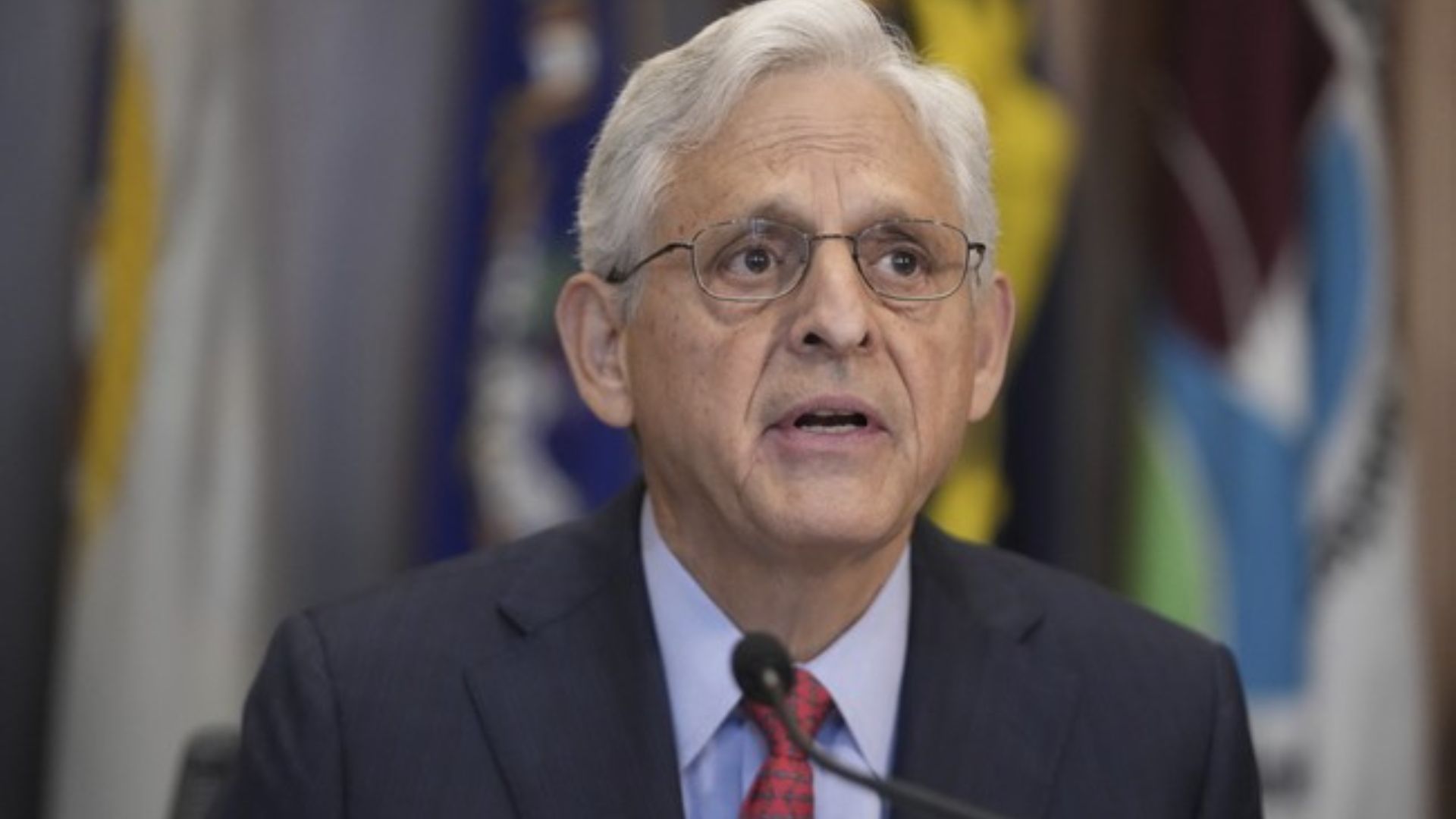The Justice Department has unveiled startling allegations against Russia, claiming it manipulated American social media influencers to spread Kremlin-backed propaganda.
This campaign, orchestrated by two RT employees, was designed to target U.S. audiences as the 2024 presidential election looms.
Millions in the Shadows

An indictment has brought to light the activities of RT staffers Kostiantyn Kalashnikov and Elena Afanasyeva, who are charged with conspiracy to commit money laundering and violate the Foreign Agents Registration Act.
They allegedly channeled close to $10 million to a Tennessee company that collaborated with U.S. influencers, who were kept in the dark about the Russian connections.
Deception in the Digital Age

Attorney General Merrick Garland shed light on the deceptive practices, stating, “The company never disclosed to the influencers or to their millions of followers its ties to RT and the Russian government.”
This revelation shows how deep the secrecy went, leaving both influencers and their audiences unaware of the true sources behind the content.
The Curtain Rises on Tenet Media

The indictment hints at Tenet Media, a Nashville-based company founded in 2022 by Lauren Chen and Liam Donovan.
This platform, which was unknowingly aligned with Russian interests, has become central to this unfolding drama.
A Viral Sensation with Hidden Strings

In collaboration with Russian operatives, the founders of Tenet Media produced nearly 2,000 YouTube videos, garnering over 16 million views.
The widespread reach of these videos highlights the significant impact of the covert operation.
Influencers Confront the Truth

The shock was palpable among the influencers upon discovering their involvement in this scheme.
Tim Pool, visibly upset, shared, “Should these allegations prove true, I as well as the other personalities and commentators were deceived.”
Adapting to Adversity

After losing its spot on U.S. cable networks post-Ukraine invasion, RT America adapted by shifting its influence efforts to social media.
Thereby maintaining its reach in America through these covert means, as detailed in the indictment.
Echoing Kremlin’s Line

The indictment highlights how the content consistently mirrored Russian interests, aiming to amplify divisive issues in the U.S.
This strategy was crafted to weaken American resistance to Russian policies, particularly regarding the conflict in Ukraine.
Lucrative Deals for Silence

The indictment reveals that one influencer was offered $400,000 a month, along with a $100,000 signing bonus and performance bonuses, in exchange for their video production.
This highlights the significant investment made to secure influential American voices.
A Puppet Master’s Touch

Elena Afanasyeva is alleged to have taken a hands-on approach in directing the narrative output of Tenet Media.
She pushed content that supported Kremlin’s viewpoints and framing events to suit Russian propaganda.
Claims of Autonomy

Despite swirling allegations, some contributors like Matt Christiansen assert their editorial independence.
Christiansen said in a livestream, “Never at any point did anyone other than I have full editorial control of the show and the contents of the show are often apolitical.”
Broader Implications

As warnings about foreign interference in the election intensify, the legal consequences for those implicated in the RT scheme are starting to manifest.
The seizure of internet domains is just the beginning of a broader crackdown on these influence campaigns.
